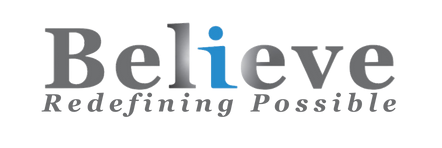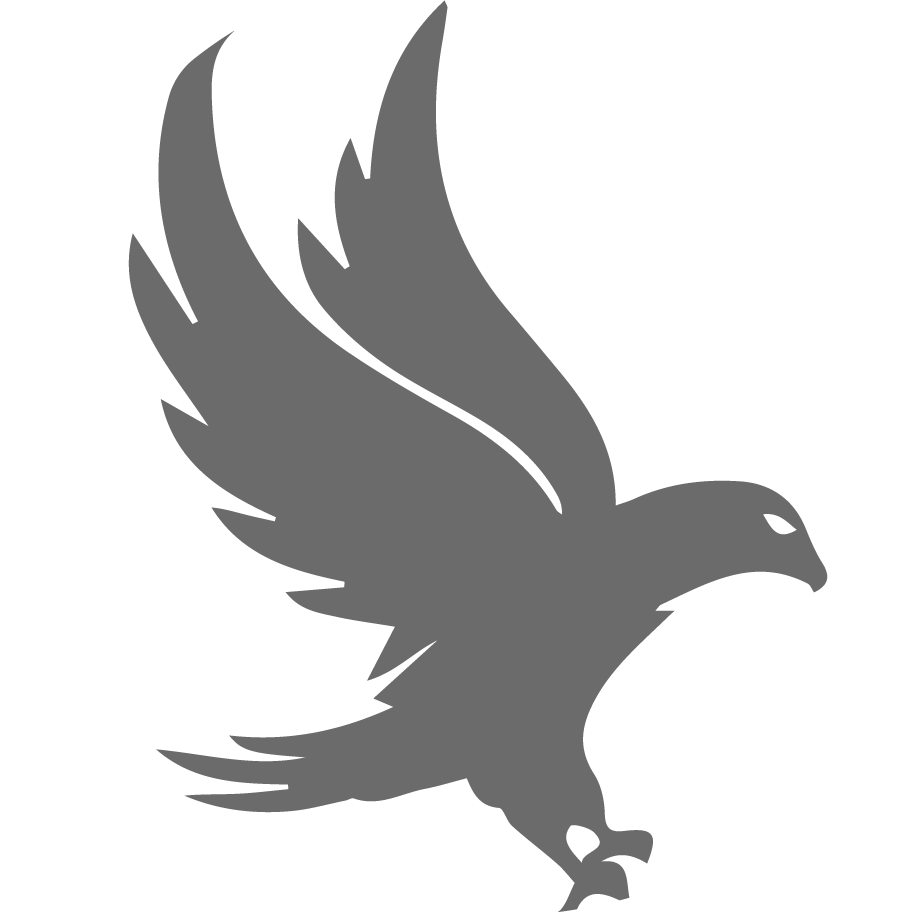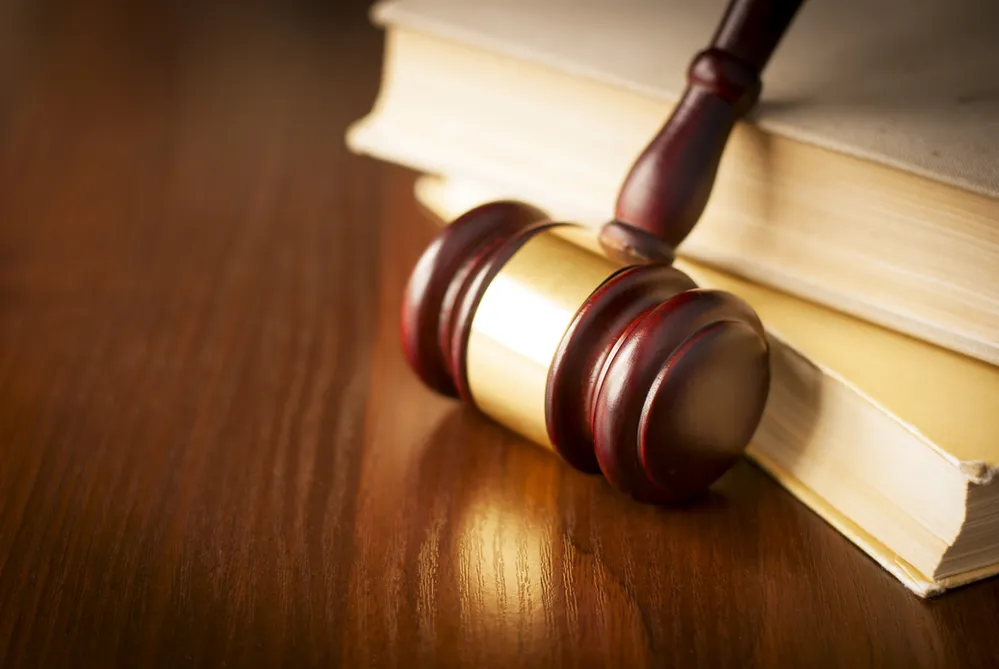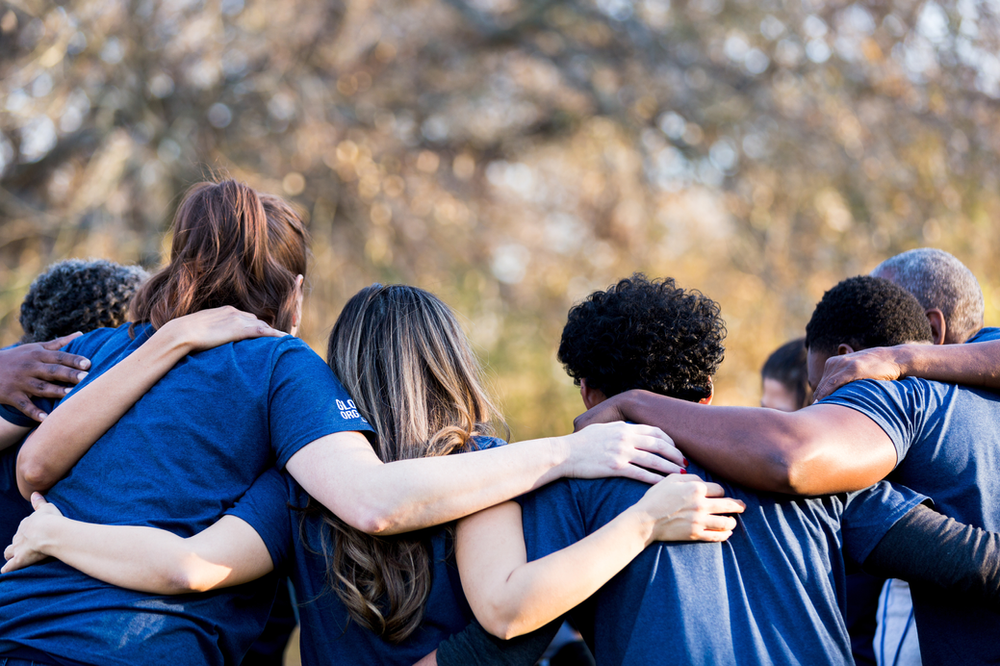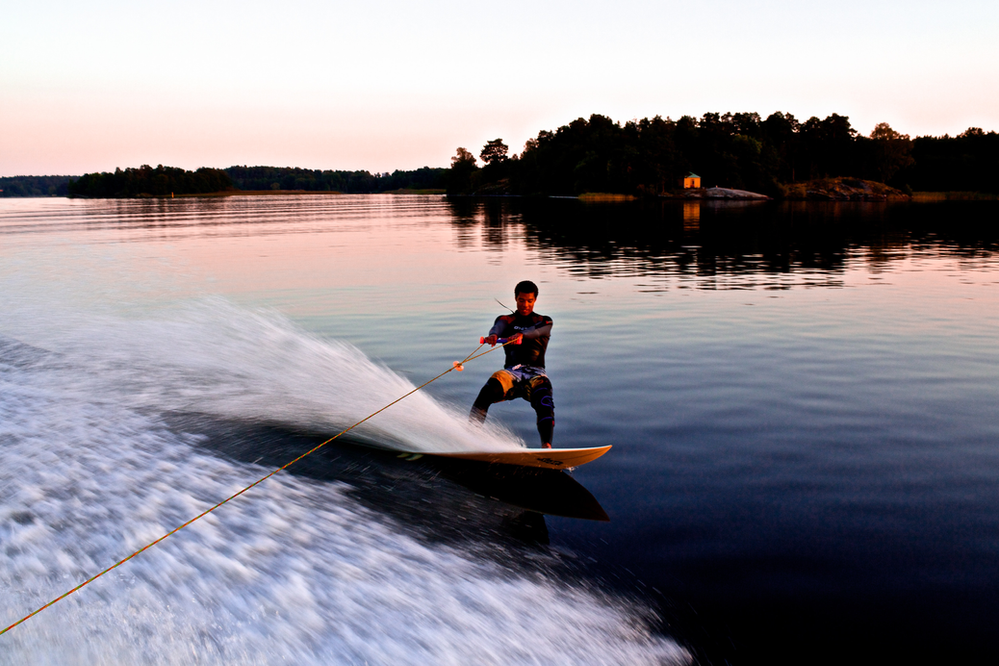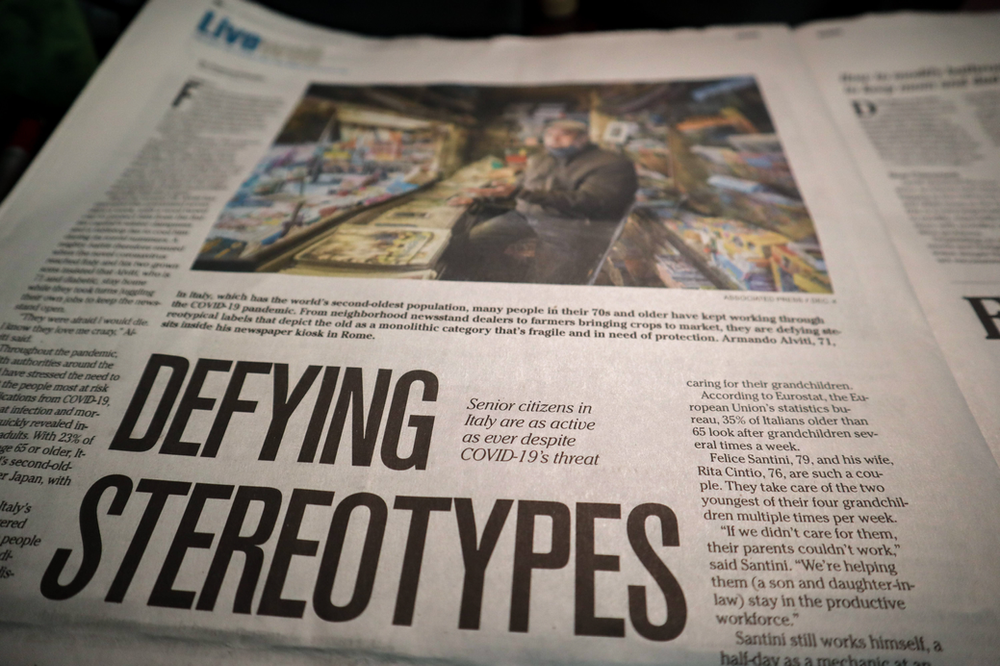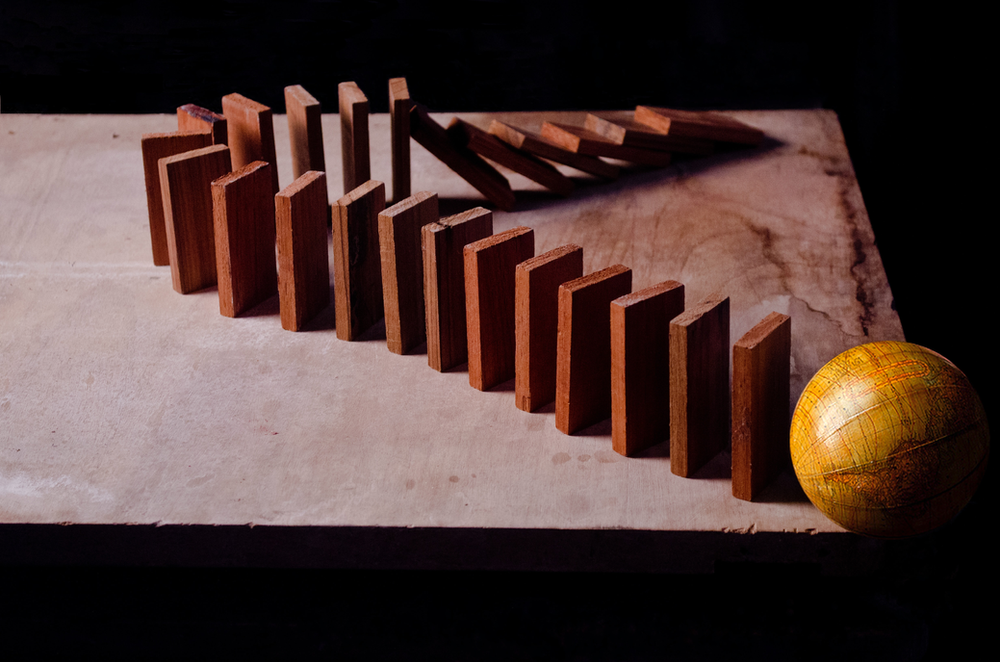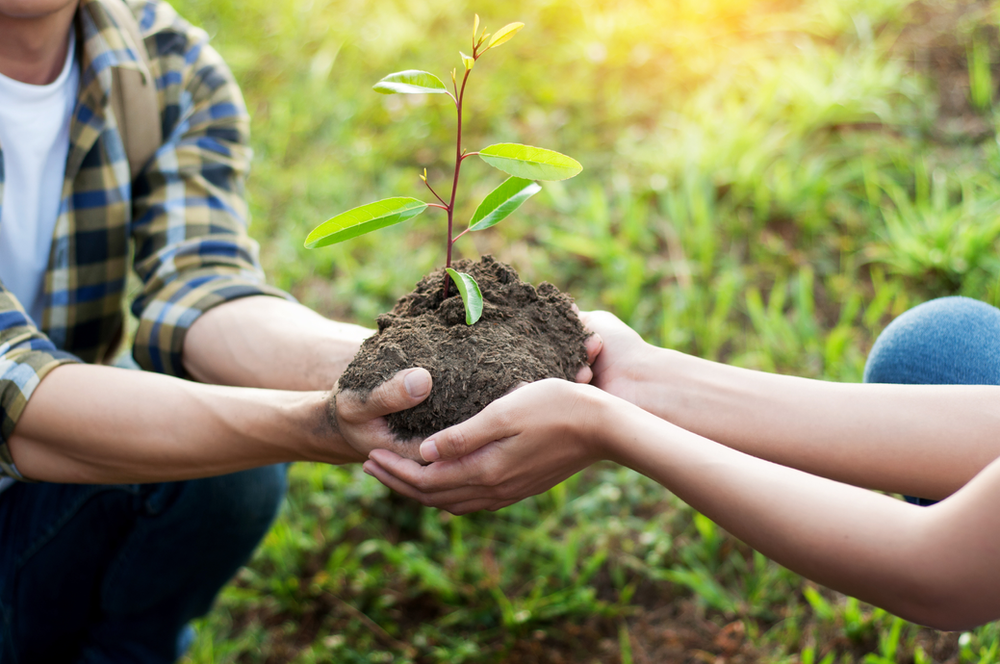“Would there be enough evidence to convict you?” I remember hearing this question once, and it has consistently remained at the back of my mind since I heard it. The person asking the question was in a church setting, and they had said “If someone accused you of being a member of this church, would there be enough evidence to convict you?”
I maintained this belief until Covid hit. Prior to Covid, my wife and I were talking about what we had to cut out of our lives because things were way too busy. Once Covid hit and everything shut down, we found ourselves with surplus time on our hands. And, what did I do with that time? More journal writing?
Nope, hardly so. I discovered that my journal writing and involvement in other things I believed would be beneficial went down
when I had an increase
in extra time. At that point, I had to ask myself what was going on, and I learned something interesting about myself.
I learned that I wasn’t writing in my journal, not because of a lack of time, but because my belief and desire to do so were not stronger than other desires and beliefs. While I believed, somewhat, that journal writing was good for me, I learned that I subconsciously believed, to a greater degree, that sleeping, or playing with the kids, or answering a client call, or anything other than journal writing, was better for me, and I desired those other things more than a good journal.
Faith, I believe, is a combination of belief, desire, and action. We have true faith, the type that can move mountains, when we consciously work to allow our beliefs, desires, and actions to align and let those override any competing fears, doubts, desires, or other beliefs.
To be able to understand what desires and beliefs control us the most, it is worthwhile to document how you spend your time each day. How much of it is on the internet, playing mindless games, or gossiping about others? How much of your time is spent bringing light into your life? How much of your time is spent working with or helping others?
When we choose to pursue and strengthen our beliefs and desires to take hold and produce good and meaningful actions, our lives, and the lives of those around us, will start to change.
Here are a few basic questions you can ask yourself as you take stock of what beliefs and desires currently operate the most inside of you:
Or, you can rate the different ways you spend your time along something like the following scale from one to seven:
1) Toxic, 2) Harmful, 3) Negative, 4) Time Filler, 5) Helpful, 6) Productive, 7) Impactful
In this life, we will all have times that our actions are in the 1 or 2 categories. We can’t sever all toxic relationships, for example, as some of those may be people in a family or close relationship, such as a neighbor or co-worker, and some of our time may have to be spent there. But, if we know that there are things that are toxic, harmful, or negative, we can work to reduce or limit those, and we can work to ensure we balance them with things that are productive or impactful as well.
Overall though, we as humans only achieve the things that really matter when we step back and take stock of our actions and how we use our time. Our most meaningful lives are achieved when we begin to take control and ensure that our time is being used to pursue the things we believe are the most important and helpful. At the end of the day, it is helpful to think “Is there enough evidence from my life today to convict me of what I really believe?”
At Believe, we are working to build good in the world. We are creating a community of individuals who are willing to be proactive in addressing the needs and issues around them. We would love for you to join us
. The world may never be the same.
